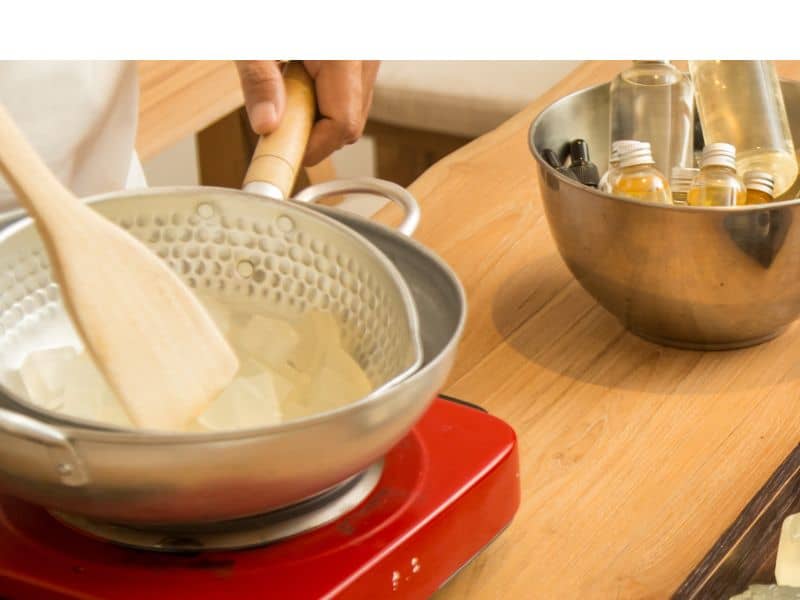
Crafting homemade soap is a blend of science and art, allowing you to create something beautiful, useful, and uniquely yours. You can experiment with different ingredients, textures, and colors, leading to an endless variety of soap. Plus, there’s a deep…